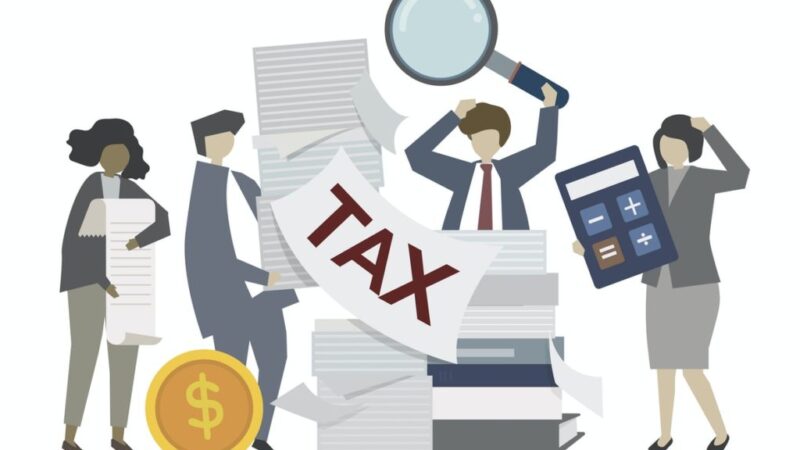Tips To Prepare For Tax-Filing Season
DON’T IGNORE THE IRS!
Taxpayers who don’t file returns and owe taxes, or who file but don’t pay taxes on time are risking serious penalties. The IRS can seize assets if necessary.
If the IRS has been sending you letters because it found an error on your return or claims you owe back taxes, respond in writing — and don’t delay!
If you don’t respond to IRS correspondence, you lose. It’s as simple as that. The IRS has strong lien and levy powers. You will be surprised if your wages are garnished or there is a lien on your house. You really need to respond to notices in a timely manner.
SHIELD YOURSELF FROM TAX SCAMS AND FRAUDS
As tax season approaches, many people start getting phone calls, emails and text messages from entities claiming to be the IRS. The most important thing right now is do not respond to telephone calls or emails from folks who pretend to be the IRS or the U.S. Treasury, Those organizations are never going to call you on the phone.
U.S. mail is the only way the IRS will correspond with you, unless you go into litigation.
I warn against “shopping a refund” to find a preparer who promises to get you a bigger refund. The tax preparer who makes promises like that could be unscrupulous and lead you into deep trouble.
DECIDE WHO WILL PREPARE AND FILE YOUR TAXES
If you had major changes in your life in 2023 — maybe you got married or divorced or started your own business — your taxes will be more complicated. As a result, you might need to hire a CPA or other tax professional to prepare and file your taxes.
Just don’t wait until the calendar flips to April to make that decision because it could end up costing you.
CONSIDER “BUNCHING” DEDUCTIONS
The standard deductions are nearly double what they used to be, making it hard to itemize. The 2020 deductions are: $12,400 for individuals, $18,650 for heads of household, and $24,800 for married couples filing jointly. Taxpayers who don’t have enough deductions to surpass those thresholds take their standard deduction.
I recommend “bunching” deductions to exceed the thresholds, if possible. Bunching is when you time expenses by pushing deductible expenses into the same calendar year. This can be achieved by moving forward certain deductions this year, such as charity donations, or prepaying January’s mortgage payment.
MAKE SURE BENEFITS DESIGNATIONS ARE UP-TO-DATE
Beneficiary designations won’t affect your taxes now, but they do affect the taxes of your heirs in the future.
The end of the year is a great time to review your beneficiaries and make any changes you feel are needed.
Why is that important? Down the road, it will help minimize the taxes your beneficiaries and heirs pay on your assets after you die.
As the end of the year approaches, it is a good idea to start thinking about how you’ll handle your federal and state tax returns. Even if your financial situation is simple and straightforward, it pays to make sure you are up-to-date and doing all you can to reduce your tax bill and the anxiety associated with tax season.


